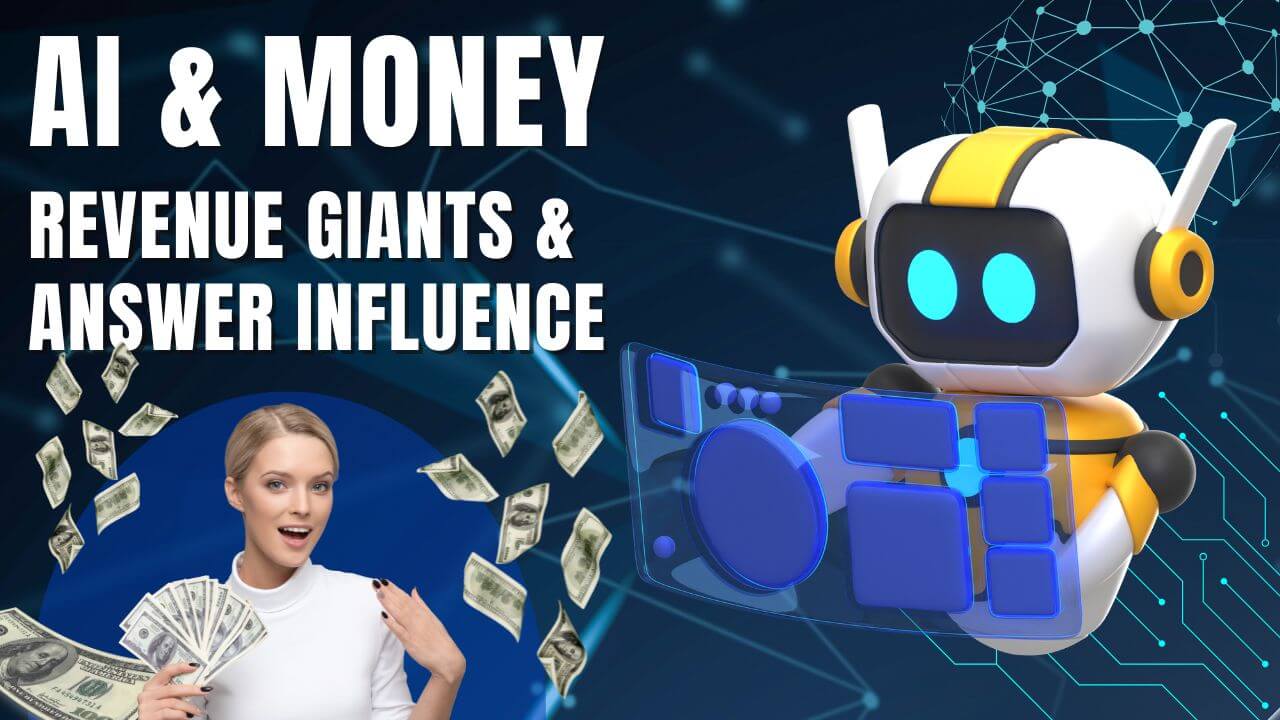Introduction: AI’s Hype—A Playground for Scammers?
Artificial Intelligence is revolutionizing industries, creating opportunities, and shaping the future. But along with its meteoric rise, AI scams have emerged, preying on eager entrepreneurs, businesses, and everyday users looking for the next big thing.
And here we are—it’s 2025, yet victims (and victim-wannabes) still click without thinking. Texts and calls have evolved into masterfully crafted deceptions, proving that scammers aren’t just upgrading their tools—they’re practically earning PhDs in fraud!
From flashy automation agencies to fake investment schemes promising overnight riches, scammers weaponize AI’s complexity to confuse, mislead, and profit off uninformed consumers.
How do we separate real AI solutions from fraudulent ones? This playbook will equip you with red flags, common tactics, and actionable steps to avoid losing money to AI scams.
Most Common Types of “Budol” in the Philippines (2024–2025)
AI scams aren’t the only traps lurking around—Filipinos are also battling classic “budol” scams that continue to evolve. Below are some of the most common frauds circulating today:
| Type of Budol | Description | Where It Happens |
|---|---|---|
| Online Shopping Scams | Fake items, misleading ads, or sellers who disappear after payment. | Facebook Marketplace, Shopee, Lazada, TikTok Shop |
| Text/Email Phishing | Messages claiming you won a prize, or that your bank account needs verification. | SMS, Email, Viber |
| “Investment” Scams / Pyramiding | Promises of high returns with little to no risk (e.g., crypto, forex, networking). | Social media, messaging apps |
| Love Scams (“Pa-fall Budol”) | Online or long-distance relationships where one side is tricked into sending money. | Facebook, dating apps |
| Fake Job Offers | Job posts that require an “application fee” or training payment. | Facebook groups, fake HR messages |
| Delivery Scams (Fake Riders) | A traditional scam involving hypnosis or fast-talking to get someone’s valuables. | Homes, condos |
| “Budol-Budol” Gang (In-Person Trickery) | Streets, public markets, and terminals | Messages claiming you won a prize or that your bank account needs verification. |
While these scams aren’t AI-driven, fraudsters are starting to use AI-powered deception, including voice mimicry, deepfake identities, and highly convincing fake websites.
Religious Scam in the Age of AI
⚠️ Red Flag: “Donate today and receive divine blessings, guaranteed!”
Religion, for many, is a foundation of faith and hope. Unfortunately, some exploit spirituality for profit, and AI is making deception even easier. AI-generated deepfake sermons, chatbot-driven donations, and hyper-personalized religious messaging allow scammers to impersonate leaders, fabricate testimonials, and manipulate emotions at an unprecedented scale.
Key tactics include:
- AI-powered “miracle claims” are designed to tug at emotional triggers and encourage blind donations.
- Deepfake videos and voice clones impersonating famous religious figures or trusted community leaders.
- AI-generated prophecy bots predicting wealth or salvation—if you pledge money first.
💡 The Truth: Real faith isn’t transactional, and genuine religious organizations operate with transparency and accountability. Be skeptical of emotionally charged appeals, especially those using AI-driven automation to personalize messages for maximum persuasion.
How to Spot & Avoid AI Scams
🛑 1. If It Sounds Too Good to Be True, It Probably Is. AI doesn’t magically generate wealth—if an offer promises effortless success, question its legitimacy.
🔍 2. Ask for Proof & Transparency. Legit AI tools provide case studies, real demos, and technical details on how they work. Scammers avoid specifics.
🤝 3. Research the Creators & Reviews. Look for independent testimonials, credible developers, and company histories before trusting an AI service.
🛡️ 4. Don’t Fall for Pressure Tactics Scammers use urgency—“limited spots available!”—to force quick decisions before victims can investigate.
💡 5. Learn AI Basics Before Investing. Educate yourself! Understanding how AI genuinely works will help you spot the scams that rely on misinformation.
Conclusion: AI Isn’t the Scam—But Scammers Exploit AI
Artificial intelligence isn’t the enemy—but false promises, misleading claims, and get-rich-quick schemes exploit its complexity to deceive unsuspecting victims.
And unfortunately, in 2025, people still fall for the bait. Scammers are not just leveling up—they’re outpacing the average person’s ability to detect fraud.
If you stay informed, question grandiose claims, and rely on legitimate AI solutions, you won’t just avoid scams—you’ll actually benefit from AI’s real-world applications in a responsible way.
💬 What AI scams have you encountered? Let’s expose them together in the comments below!
Sources & Further Reading
- AI Business Watch – “Top AI Scams to Watch Out for in 2025”
- TechRadar – “Fake AI Trading Bots: How Scammers Are Using AI to Defraud Investors”
- AIWhyLive – Articles on AI transparency, automation, and ethical AI development






